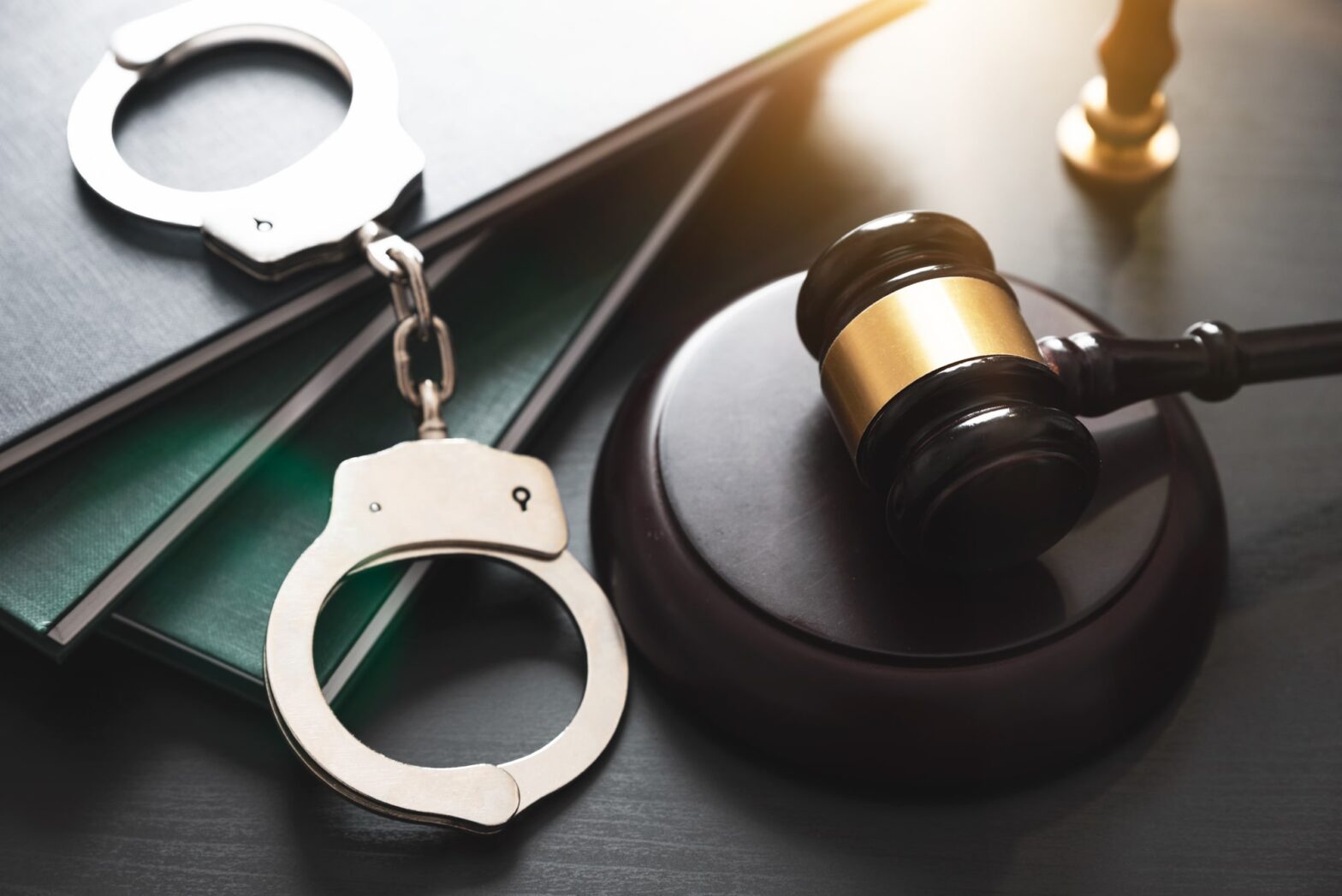Unlawful Search And Seizure Of Smartphones

Smartphones have become an essential part of daily life, holding vast amounts of personal information. This makes them a frequent target in criminal investigations. As a criminal defense lawyer often points out, the way law enforcement obtains data from smartphones can raise serious legal questions.
Legal Protections For Smartphone Data
The Fourth Amendment protects people from unreasonable searches and seizures by the government. However, smartphones are unique because they contain extensive private data — texts, emails, photos, GPS locations, and more. Courts have recognized that accessing this data requires a higher level of scrutiny. Additionally, it requires the cooperation of the smartphone owner many times via facial recognition technology.
Generally, law enforcement must obtain a warrant based on probable cause before searching a smartphone. This protects citizens from arbitrary or invasive government action. Without a warrant, evidence obtained from a phone could be challenged and possibly excluded in court.
When Searches Are Considered Unlawful
There are several scenarios where searches of smartphones may be deemed unlawful. For example, if officers search a phone without a warrant and none of the limited exceptions apply, that search can violate constitutional rights. Another common issue is when a warrant is overly broad, allowing police to review more information than necessary.
Sometimes, police may seize a phone but delay obtaining a warrant, during which they access the phone’s data. Such actions may also be challenged. Our friends at Tuttle Larsen, P.A. have seen numerous cases where defense attorneys successfully argued for suppression of evidence due to improper search and seizure procedures. This can cover not just regular law enforcement but other government agencies as well.
Implications For Criminal Cases
Unlawful searches can have a significant impact on criminal proceedings. Evidence obtained from an illegal search may be ruled inadmissible, weakening the prosecution’s case. This can be critical in cases where phone data is a key piece of evidence.
A criminal defense attorney can argue that the exclusion of unlawfully obtained evidence violates the defendant’s rights and affects the fairness of the trial. In some cases, charges may be reduced or even dismissed if the evidence is central to the prosecution’s argument.
What Defendants Should Do
If you believe your phone was searched unlawfully, it’s important to raise this issue early with your defense attorney. They can review the circumstances of the search and determine if your rights were violated. This review may include examining how and when the police accessed your data and whether proper legal procedures were followed.
Acting promptly allows your attorney to file motions to suppress evidence if warranted. These motions can protect your case and improve your chances of a favorable outcome.
Working With Legal Counsel
Attorneys stress the importance of having experienced legal representation when facing search and seizure claims involving smartphones. Their knowledge of recent court decisions and privacy laws helps build strong defenses.
Whether you’re facing charges or want to protect your rights after a police encounter as a criminal defense attorney can share, working with a lawyer early on can make a difference. They can evaluate your case and advocate for your rights throughout the legal process.
If you’re dealing with search and seizure issues related to smartphone data, it’s important to seek legal advice promptly. Your defense team can help you understand your options and work to protect your interests. Contact a lawyer near you for help immediately.
